Blackwell Reference Grammars
General Editor: Glanville Price The Blackwell Reference Grammars are essential companions for students of modern languages at senior secondary school and undergraduate level. The volumes provide a comprehensive survey of the grammar of each language and include plentiful examples. The series will cover the major European languages, including French, German, Spanish, Portuguese, and Russian. Already publishedA Comprehensive French Grammar,
Sixth Edition Glanville Price A Comprehensive Russian Grammar, Third Edition
Terence Wade Updated, with additional material, by David Gillespie
Advisory Editor for previous editions: Michael J. de K. Holman A Comprehensive Spanish Grammar
Jacques de Bruyne
Adapted, with additional material, by Christopher J.
Pountain A Comprehensive Welsh Grammar
David A. Thorne Colloquial French Grammar: A Practical Guide
Rodney Ball An Introduction to French Pronunciation, Revised Edition
Glanville Price Grammar WorkbooksA Russian Grammar Workbook
Terence Wade A French Grammar Workbook
Dulcie Engel, George Evans, and Valerie Howells A Spanish Grammar Workbook
Esther Santamara Iglesias  This third edition first published 2011
This third edition first published 2011
2011 Terence Wade Edition history: Blackwell Publishers Ltd (1e, 1992 and 2e, 2000) Blackwell Publishing was acquired by John Wiley & Sons in February 2007. Blackwells publishing program has been merged with Wileys global Scientific, Technical, and Medical business to form Wiley-Blackwell. Registered Office
John Wiley & Sons Ltd, The Atrium, Southern Gate, Chichester, West Sussex, PO19 8SQ, United Kingdom Editorial Offices
350 Main Street, Malden, MA 02148-5020, USA
9600 Garsington Road, Oxford, OX4 2DQ, UK
The Atrium, Southern Gate, Chichester, West Sussex, PO19 8SQ, UK For details of our global editorial offices, for customer services, and for information about how to apply for permission to reuse the copyright material in this book please see our website at www.wiley.com/wiley-blackwell. The right of Terence Wade to be identified as the author of this work has been asserted in accordance with the UK Copyright, Designs and Patents Act 1988. All rights reserved.
No part of this publication may be reproduced, stored in a retrieval system, or transmitted, in any form or by any means, electronic, mechanical, photocopying, recording or otherwise, except as permitted by the UK Copyright, Designs and Patents Act 1988, without the prior permission of the publisher. Wiley also publishes its books in a variety of electronic formats. Some content that appears in print may not be available in electronic books. Designations used by companies to distinguish their products are often claimed as trademarks. All brand names and product names used in this book are trade names, service marks, trademarks or registered trademarks of their respective owners. The publisher is not associated with any product or vendor mentioned in this book.
This publication is designed to provide accurate and authoritative information in regard to the subject matter covered. It is sold on the understanding that the publisher is not engaged in rendering professional services. If professional advice or other expert assistance is required, the services of a competent professional should be sought. Library of Congress Cataloging-in-Publication Data
Wade, Terence Leslie Brian. A comprehensive Russian grammar / Terence Wade ; edited by David Gillespie. and expanded.
p. cm. cm.
Includes bibliographical references and index.
ISBN 978-1-4051-3639-6 (pbk.: alk. paper)
1. Russian languageGrammar. I. Gillespie, David. II.
Title.
PG2106.W33 2010
491.782421dc22 2010021924 A catalogue record for this book is available from the British Library. To May Preface The Comprehensive Russian Grammar is meant for English-speaking pupils and students of Russian at the post-introductory stage. It is also a reference aid for teachers, translators and interpreters and others who use the language in a professional capacity. The first new reference grammar of Russian to have been published in the United Kingdom since the 1950s, it is based on personal research and observation, long experience of teaching Russian at all levels from beginners up to the Honours Degree and the Civil Service Interpretership, and on a close study of reference materials by Russian, British and American linguists. The approach is descriptive throughout, and rules of usage are constantly measured against current practice as reflected in contemporary journalistic and literary sources. It is entirely practical in conception and design and has no pretensions to theoretical disquisition.
Particular emphasis is laid on problems which are of especial difficulty for the English speaker. The grammar provides comprehensive guidance to usage, with exhaustive tabulated material and succinct explanations. It is presented in 484 sections which are further subdivided to take account of finer points of usage. It provides mainstream rules for quick reference, as well as access to the subtleties of the language for those who need more detailed information. The intention is to provide the essential facts of the language and to tackle perennial problems such as adverbs and pronouns in - and -, agreement, animacy, conjugation, declension, gerunds, long and short adjectives, numerals, participles, the partitive genitive, verbs of motion, and so on, as well as problems which have often received less attention: the gender of acronyms, alphabetisms, soft-sign nouns, the differences between / and other key prepositions, and between and , the use of capital letters, particles, the principles of word order etc. Treatment of verbal aspect differentiates usage in the past, future, imperative and infinitive, thus throwing the rules into sharper relief.
Special emphasis is given to stress patterns. Ease of reference is assured by comprehensive indexing of subject headings and Russian words, and by general adherence to the alphabetic principle throughout. Preface to the Second EditionA Comprehensive Russian Grammar was first published in 1992, since when the book has been reprinted eight times, on most occasions with minor amendments. The present, second, edition of the Grammar takes account of the very considerable changes, both social and linguistic, that have taken place in the post-Soviet period. The transliteration system of the Library of Congress has been added to those enumerated in section 1, but that of the British Standards Institute continues to be used throughout the Grammar. Amendments have been made to sections dealing with all parts of speech, with pronunciation, the noun, the adjective, the verb and the preposition most affected. There are three entirely new, substantial sections on word formation in the Russian noun.
These comprise sections (general), (prefixation) and (suffixation), the sections that formerly bore these numbers having been conflated with earlier sections to make room for the new material. These sections have not been curtailed in any way. Some sections on pronunciation have been amplified by additional examples, sometimes involving new lexis, e.g.  printer, Internet and psychic in section Changes have also been made to sections 12, 13, and (on the pronunciation of --, consonants omitted in pronunciation, and stress, respectively). Section (on the use of capital and small letters in titles and names) has been completely rewritten in the light of changes that have occurred over the past few years. Many of the changes involve new names such as
printer, Internet and psychic in section Changes have also been made to sections 12, 13, and (on the pronunciation of --, consonants omitted in pronunciation, and stress, respectively). Section (on the use of capital and small letters in titles and names) has been completely rewritten in the light of changes that have occurred over the past few years. Many of the changes involve new names such as 
Next page
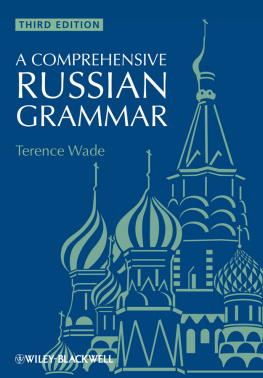
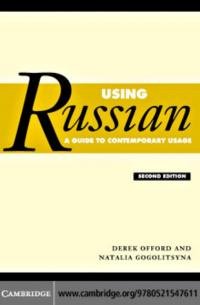
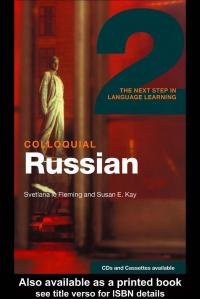
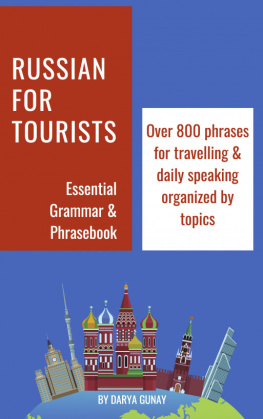

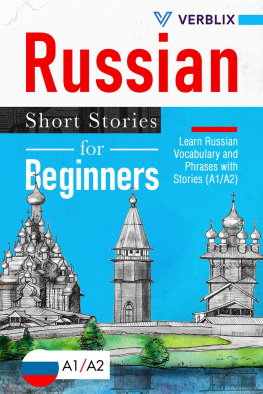
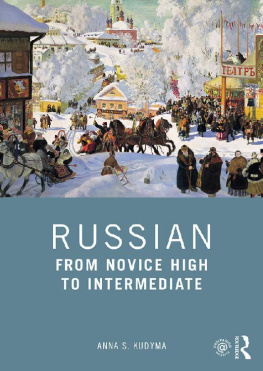
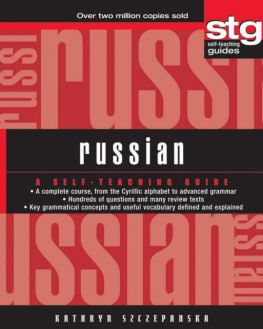
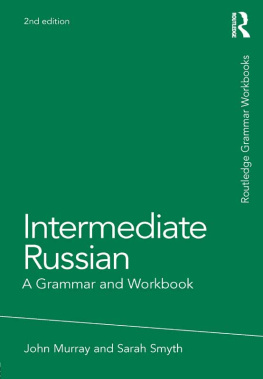
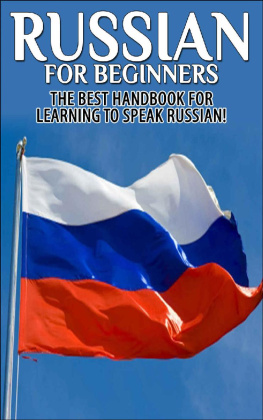
 This third edition first published 2011
This third edition first published 2011 printer, Internet and psychic in section Changes have also been made to sections 12, 13, and (on the pronunciation of --, consonants omitted in pronunciation, and stress, respectively). Section (on the use of capital and small letters in titles and names) has been completely rewritten in the light of changes that have occurred over the past few years. Many of the changes involve new names such as
printer, Internet and psychic in section Changes have also been made to sections 12, 13, and (on the pronunciation of --, consonants omitted in pronunciation, and stress, respectively). Section (on the use of capital and small letters in titles and names) has been completely rewritten in the light of changes that have occurred over the past few years. Many of the changes involve new names such as